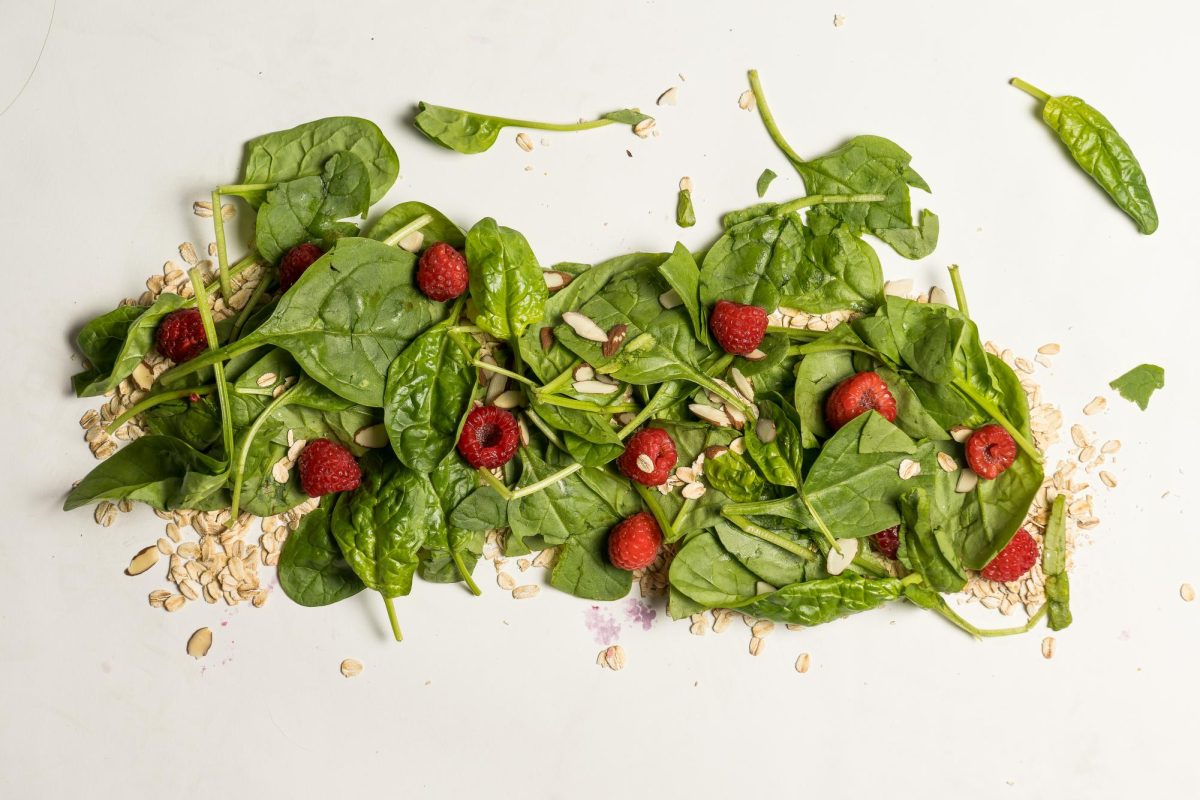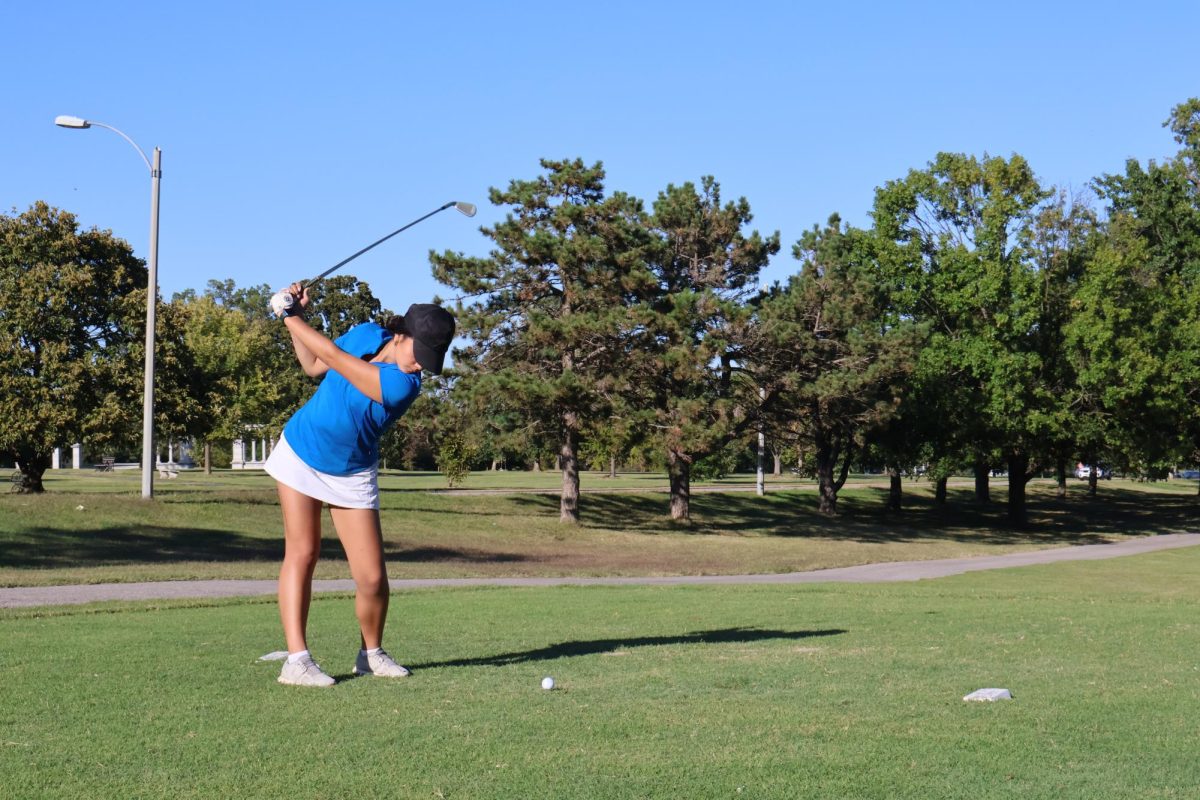Equity vs. equality: the age-old social balance between what is “fair” and what is right. Each individual person has different physical, mental and emotional needs, and therefore each thrives under different conditions. The same applies to nutritional needs.
While a balanced diet is important, what that consists of can look different for each person. Body composition, sex, age and athleticism all contribute to this variety. What is healthy for one person might not be healthy for another, which is why generalized nutrition tips are unable to encompass all body types and lifestyles. Health teachers at Ladue, such as Matthew Maier and Mary Christine Kubik, try to make their lessons inclusive of as many different situations as possible.
“People think that balanced means equal, and it definitely does not,” Maier said.
This nuanced topic is difficult to fit into such a short introductory course like freshman health class. The curriculum includes many different topics, but does not delve in depth into each one.
“We do a nutrition unit about two weeks long,” Kubik said. “We talk a little bit about calories, we talk about eating disorders, the nutrition industry [and] everything like that.”
Both Kubik and Maier teach physical education classes as well as health, where nutrition plays a slightly different role. In Maier’s strength and conditioning class, nutrition is just as important for muscle development as in-class workouts.
“The problem is that [young people] don’t realize that what happens [in the weight room]…all that does is damage the body,” Maier said. “It’s the rest and recovery [where] we’re actually getting stronger. The three parts are water, sleep, and food. If you’re not putting that food in, your body can’t rebuild.”
Teenagers are also susceptible to the oversimplification of health and nutrition in order to achieve weight loss or weight gain goals. These immediate goals can lead them to distort or over analyze certain data to track their progress.
“The two numbers I say are completely worthless are calorie count and body weight,” Maier said. “They’re no indicator of health.”
Maier also emphasized the importance of consistency and sustainability in any diet, regardless of end goals. Short-term results should not be prioritized over long-term discipline.
“Stay away from all the fad diets and quick fixes,” Maier said. “Especially at your age, you don’t need to make huge changes to get huge results.”
Food marketing plays a huge role in teenagers’ perception of nutrition and food culture. Marketing that targets young people often emphasizes ease and results, which are in high demand as people struggle to manage food preparation on top of other responsibilities.
“As a teenager, it’s really hard to figure out what’s legitimate and what’s not,” Kubik said. “It takes even more effort and time, and we make the effort, but we don’t always have time.”
The USDA MyPlate program provides the opposite extreme of ideal diet guidelines without taking into account challenging financial situations or lack of time. Many families aren’t able to meet these standards of perfection because of the increased prices of fresh food over pre-packaged or processed food.
“At the end of the day eat what’s available to you, [because] you still have to nourish your body,” Kubik said. “Do what you can to feed your family.”
Some of the best general nutrition advice is deceptively simple. By blocking out misleading marketing and avoiding toxic diet culture, it makes it easier to return to the basics and the essentials.
“The big message about nutrition is: take away the labels,” Kubik said. “Just focus on eating foods that come from nature, make your plate colorful [and] listen to your body. If you want a doughnut, by all means, please eat a doughnut.”








